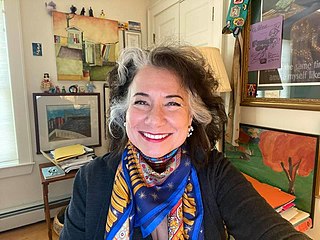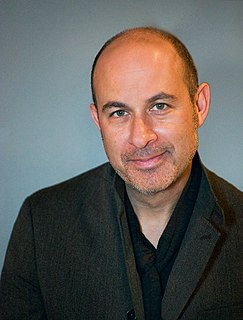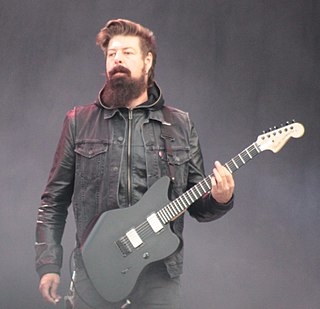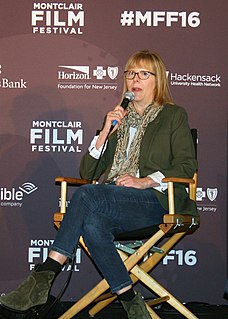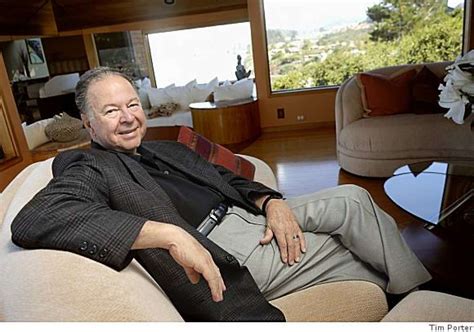A Quote by Gina Barreca
The '60s had edge; the '70s had embroidery.
Quote Topics
Related Quotes
When I was growing up in the '50s, I had never heard of a "woman film director," so I did not consider it as an option. But I was fortunate that in the late-'60s and '70s, because of the feminist movement, women were stepping into all sorts of careers that had been closed to them in the past and film was one of them.
When I was a kid, a lot of my parents' friends were in the music business. In the late '60s and early '70s - all the way through the '70s, actually - a lot of the bands that were around had kids at a very young age. So they were all working on that concept way early on. And I figured if they can do it, I could do it, too.
I'm much more conscious of historical events since the '60s. In the '60s, I was insulated by my own addictions, my own lifestyle, from what was going on in the world. After I recovered I was amazed at certain people who had died. I hadn't noticed that they had gone. Not friends ... I'm talking about public figures who had passed away.
